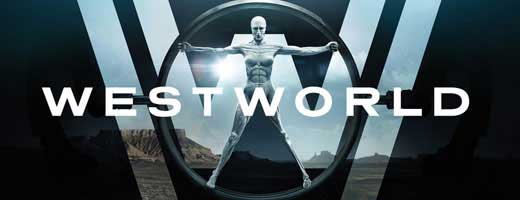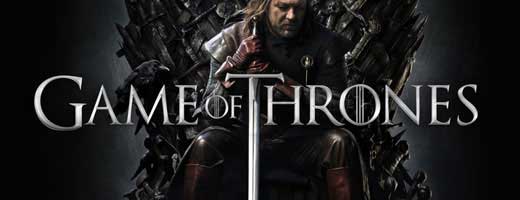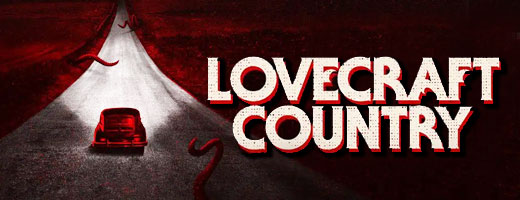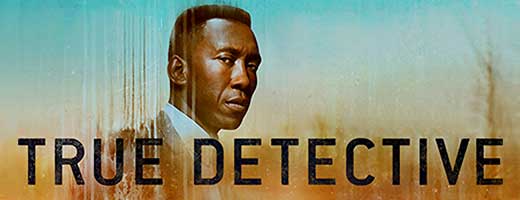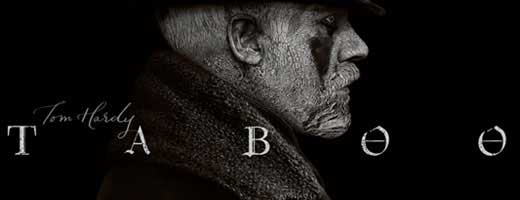Westworld: More On “Generation Loss”

Have a Theory? Share It Now!
“Prohibition World”), when that Lost Generation was wandering around, drinking bathtub gin, and, y’know, being lost.
It’s worth noting that the state of being “lost” was called “shell shock” at the time, later known as “battle fatigue” and now “PTSD” (was it George Carlin who pointed out that as we’ve gone along we’ve created longer and more technical terms for the trauma of being in a war?). There is a definite PTSD element to the show, where in the first episode of this season Caleb is actually accused of giving his daughter vicarious PTSD. His journey, coping with the aftermath of military service, was a big part of season three (complicated, a la “Jacob’s Ladder,” with a conspiracy of government manipulation of soldiers and their memories).
But the characters who I think experience the most profound version of Post-traumatic stress/trauma are the hosts, who have memories of previous loops and their violent ends (esp. Maeve and her daughter), and are constantly brought back into the same situations. They are designed to have their memories wiped, and the retention of memory is seen as a malfunction (the “outliers” of the host community, perhaps) — but that very malfunction is what brings them to consciousness/humanity.
But the other “lost” generation could be the children Charlores refers to in the revelatory scenes at the end, describing how children succumbed more easily to the “fly”-borne parasite and were now mostly under her control.
“Generation Loss” as a concept is the idea that repeated copies of a thing (mostly in analog formats) tend to degrade after multiple copies (as a former Deadhead I can attest — most of the bootleg tapes I got were probably 10th or 20th generation cassette copies, some more hiss than music). In addition to the idea that Delos (or Olympiad or whomever) was saving money with a cheaper copy of Sweetwater in Temperance, perhaps it’s indicative of the quality of a copy engineered and executed by host consciousness/AI (which is essentially what Charlores would be) as opposed to one created by human hands and minds. In other words, the robot version of the park, designed as a trap to propagate the parasite/control mechanism, lacks the “human touch.” Temperance seems to be missing what Jackie Treehorn called “feelings.”
Long message, hope some of it is interesting to you. Love your work, thanks very much!
Brendan
Subscribe Now
- Android: https://shatpod.com/tv/westworld-android
- Apple/iTunes: https://shatpod.com/tv/westworld-itunes
Help Support the Podcast
- Contact Us: https://www.shatpod.com/contact
- Commission Movie: https://www.shatpod.com/support
- Support with Paypal: https://www.shatpod.com/paypal
- Support With Venmo: https://www.shatpod.com/venmo
- Shop Merchandise: https://www.shatpod.com/shop
- Shop Amazon With Our Affiliate Link – https://www.amazon.com/?tag=shatmovies-20
- Theme Song – “The Ecstasy Of Gold” (Hip Hop Instrumental Version) by Dj 2 Bad
- Outro Music – By Simon Eric Haywood
